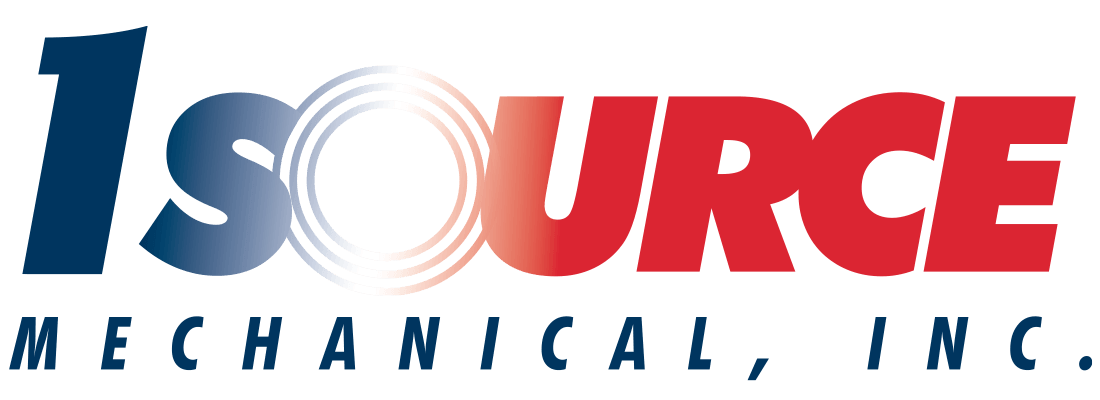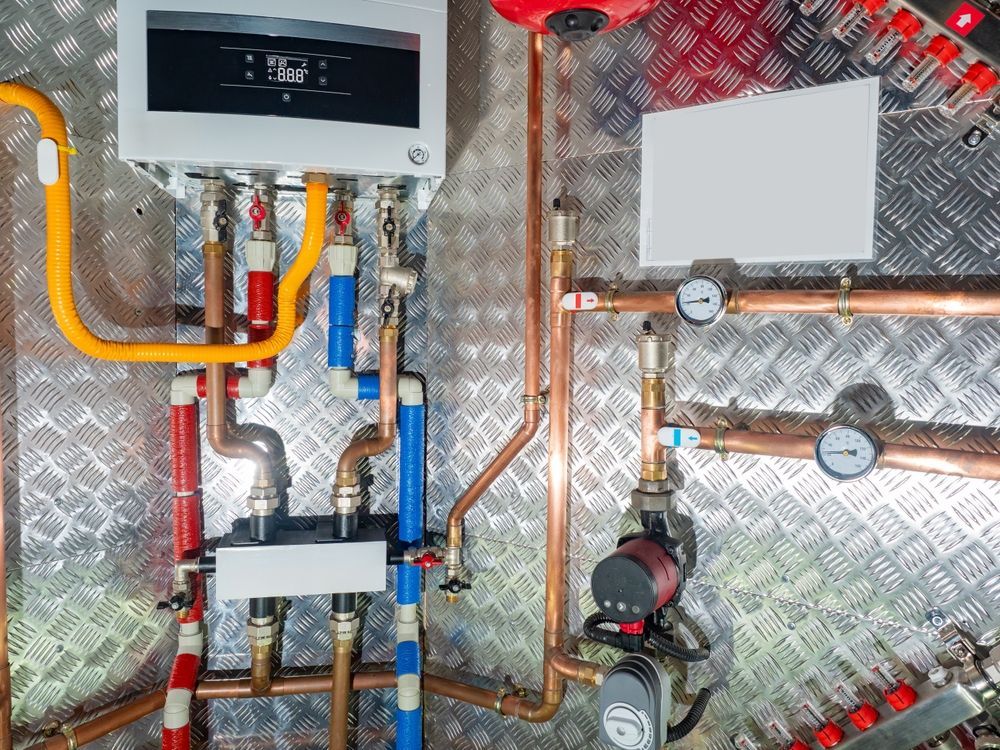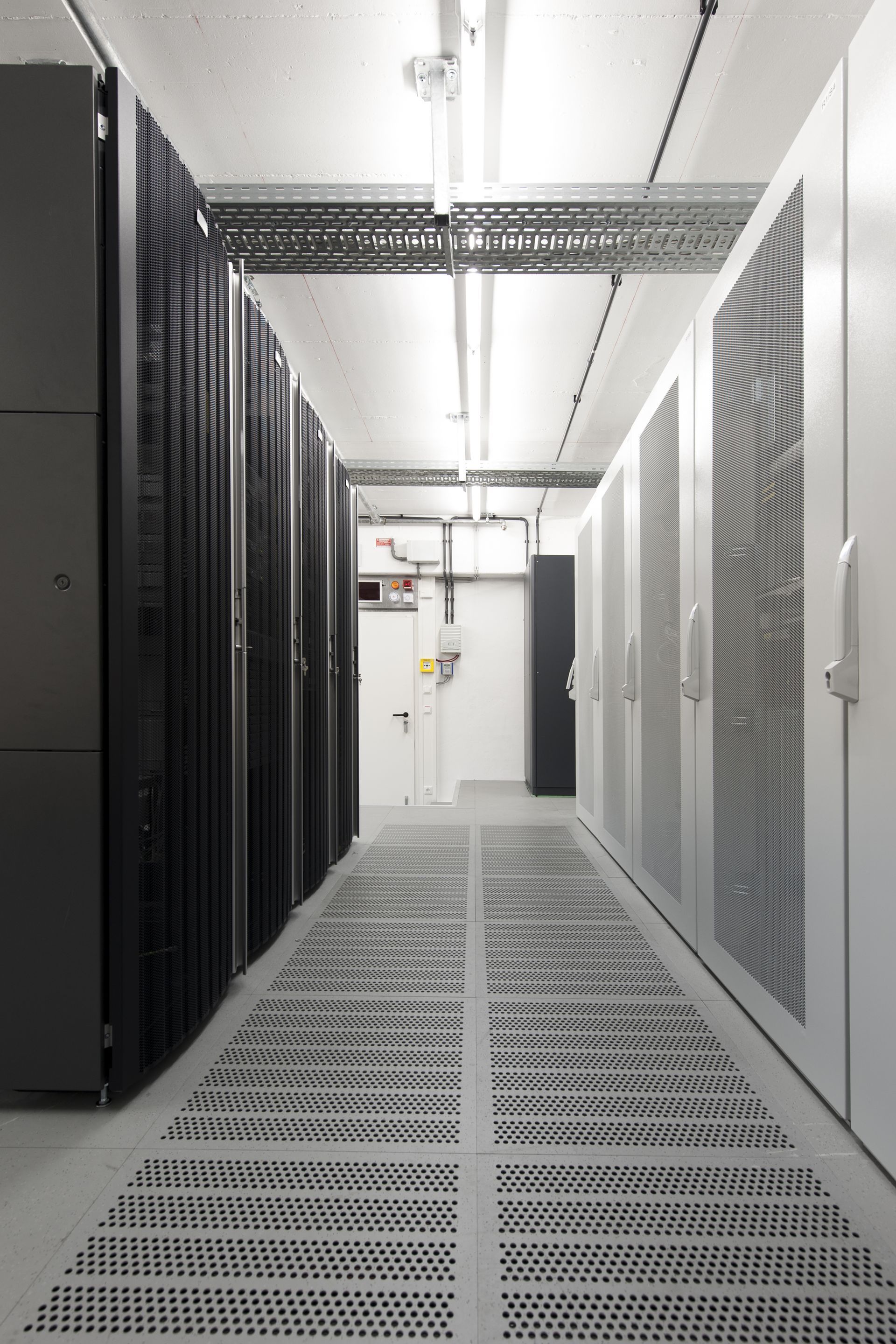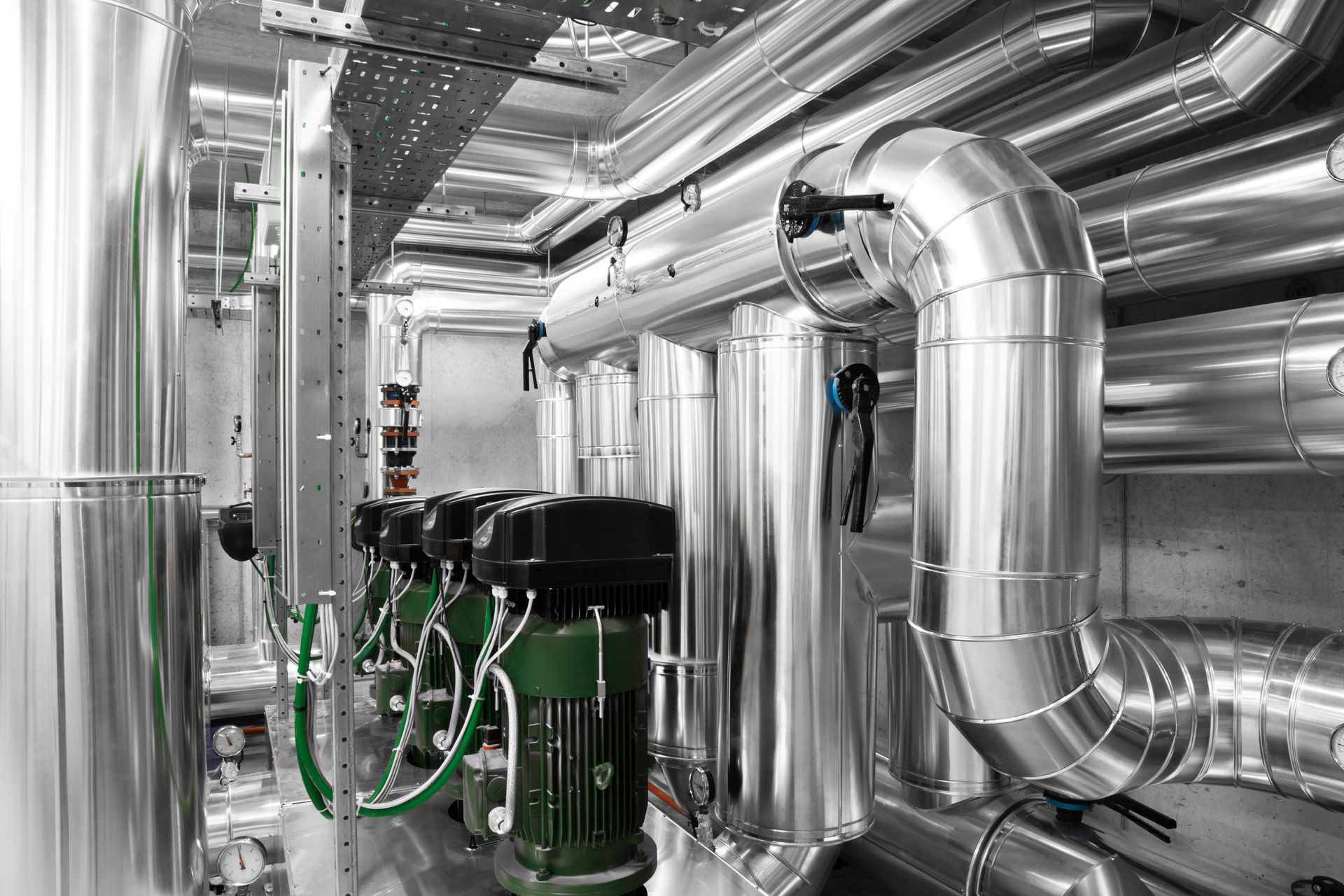5 Tips for HVAC Energy Efficiency
With energy costs on the rise, you may be seeking ways to lower your bills. Start with a look at your HVAC unit.
While newer HVAC systems tend to be energy efficient, many older models aren't. However, there are steps you can take to make your unit run more efficiently and effectively — and save on those monthly utility bills.
What Makes HVAC Units Energy Efficient?
The HVAC unit in your Illinois commercial property has a significant impact on your energy bills. In fact, according to the U.S Department of Energy, the most efficient air conditioning systems consume from 30 to 50 percent less energy to cool the same amount of airspace than less-efficient units.
Newer units often contain technology and features that significantly increase energy efficiency. Even units that are just a decade old tend to use from 20 to 40 percent more energy. If your system is getting up there in age, you may want to consider replacing it with a more efficient HVAC unit.
But what, exactly, makes some units more energy efficient than others? A few variables make a big difference.
More efficient units use a two-stage process for heating. This means that the unit uses the lowest amount of energy to keep the building at a comfortable level. When temperatures drop, a higher level of power kicks in. This helps keep energy consumption down and reduces waste. In contrast, older units without two-stage heating simply run at the same (higher) power level.
Energy efficient HVAC units also use variable speed blowers. It's a similar feature to two-stage heating, in that the blower adjusts speed to external conditions. When more power is needed, the system amps up. When high speed is unnecessary to maintain comfortable temperatures, the power consumption tamps down.
Filter check mechanisms improve efficiency. These features tell you when a filter is dirty or clogged, simplifying the maintenance process. They also reduce wear and tear while preventing overwork, which uses less fuel and keeps the unit running efficiently.
Many energy-efficient units use heat exchangers. This technology prevents energy waste by capturing escaped gasses and reusing them. Less efficient systems vent these gasses, letting them go to waste.
Newer HVAC systems often use sealed combustion chambers. This energy-saving feature takes in air from the outdoors, rather than reusing indoor air that's already been conditioned (why pay to condition air multiple times?). Bonus: Not only is sealed combustion more efficient, it also tends to be safer, as well.
Other energy efficient features include electronic ignition. While older HVAC models usually have gas powered pilot lights that are always ignited, more efficient units use electronic ignition systems. These ignite the pilot flame only when the unit is in use.
How do you know a unit's efficiency? On air conditioning units, take a look at SEER (Seasonal Energy Efficiency Ratio). On furnaces, look at the AFUE (Annual Fuel Utilization Efficiency) rating. Higher SEER and AFUE ratings indicate less energy waste, which translates to better efficiency.
But what if you're not in a position to invest in a new system? Let's take a look at how to improve the efficiency of your existing HVAC unit.
Change HVAC Filters
Immediately improve efficiency by changing the air filters in your HVAC unit. As the system runs, it pulls air through the filters. Over time, the filters clog with dust, lint, and other debris.
This reduces airflow, making the system work overtime and consume more fuel. The dirtier the filter gets, the harder the unit works, the more energy is wasted — and the higher your utility bill. Plus, dirty filters cause indoor air quality to deteriorate, too.
Changing the filter on a regular basis reduces the unit's workload and increases efficiency. Check your unit for specific recommendations.
Coil Cleaning
Air filters aren't the only component of an HVAC unit that require regular maintenance. Coils also get dirty and need to be cleaned regularly.
Units rely on two sets of coils: condenser and evaporator. Condenser coils (found outside the building) distribute heat, and evaporator coils (found inside the building) cool the surrounding air.
Just like air filters, when these coils get dirty, they cause the system to work harder and consume more fuel, thus decreasing energy efficiency.
Dirty coils also mean the unit wears down faster. Clean condenser coils and evaporator coils at least twice per year, usually in spring and mid-summer.
Lights
Light can affect your HVAC unit's efficiency. For instance, if an outdoor unit is located in a spot that receives direct sunlight for most of the day (i.e., a west- or south-facing location), it may overheat.
This causes the unit to work harder and waste energy, reducing efficiency. If possible, choose a shaded location for outdoor components of your HVAC system.
Indoor light can also play a role in energy efficiency. During summer months, encouraging building tenants to keep curtains or blinds closed during the warmest, brightest parts of the day helps reduce indoor temperatures. This means your unit doesn't have to work as hard to cool the building.
Conversely, during the colder months, keeping windows uncovered can help raise indoor temperatures naturally. Your HVAC unit will need less energy to heat the building.
Self-Service Thermostats
A programmable thermostat allows the unit to self-regulate. When the temperature rises or drops, the thermostat responds by adjusting automatically.
Many thermostats can be controlled remotely, allowing you to raise and lower temperature from any location with an internet connection. Even a few degrees difference in settings can lead to a significant reduction in energy consumption over time.
HVAC Repair Service: 1 Source Mechanical
1 Source Mechanical is here to service your rooftop cooling unit, commercial air conditioner, hot-water tanks and steam boilers, and air-to-air heat exchangers.
Reach our team of commercial HVAC specialists at 815-517-0501, or submit our
online contact form to learn more about our reliable HVAC repair services and our maintenance agreements.




